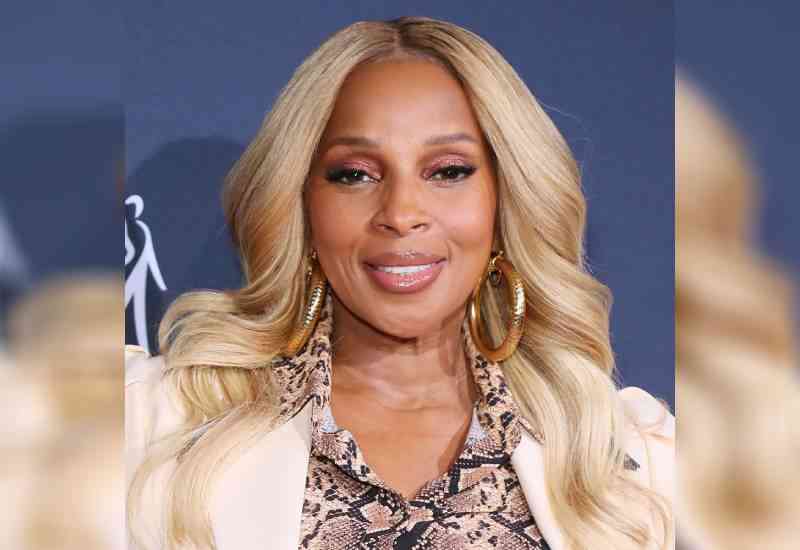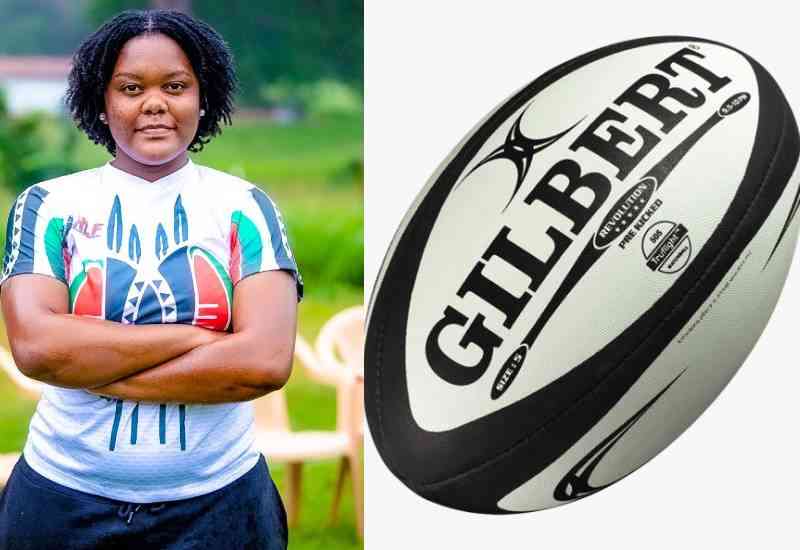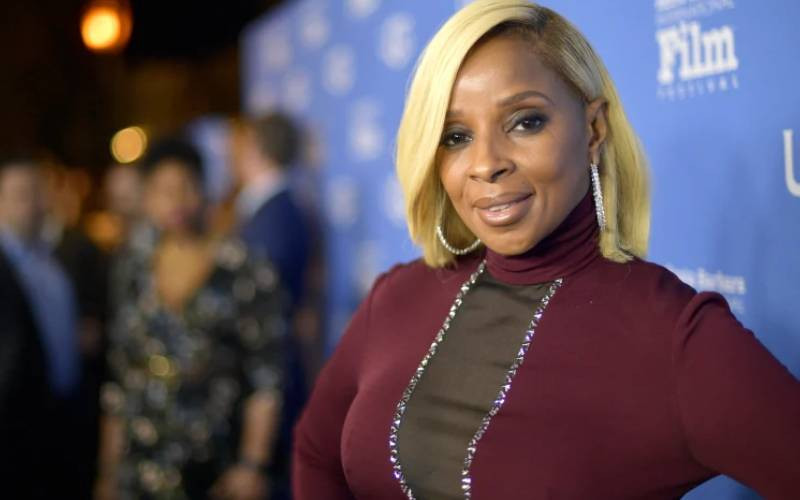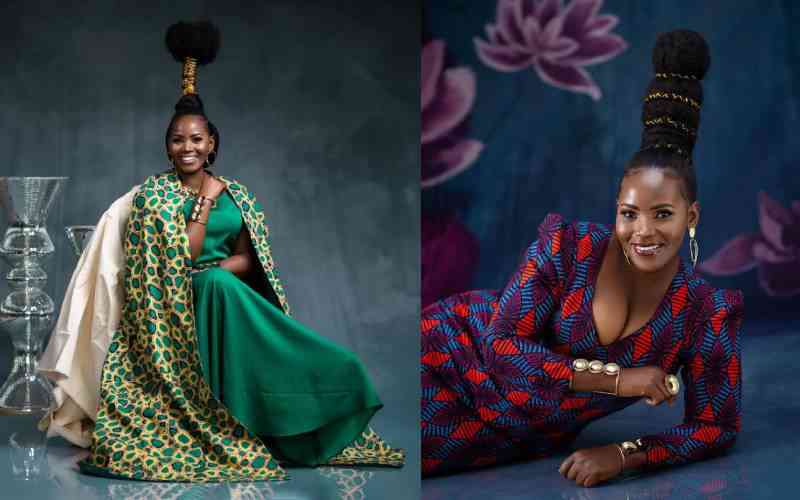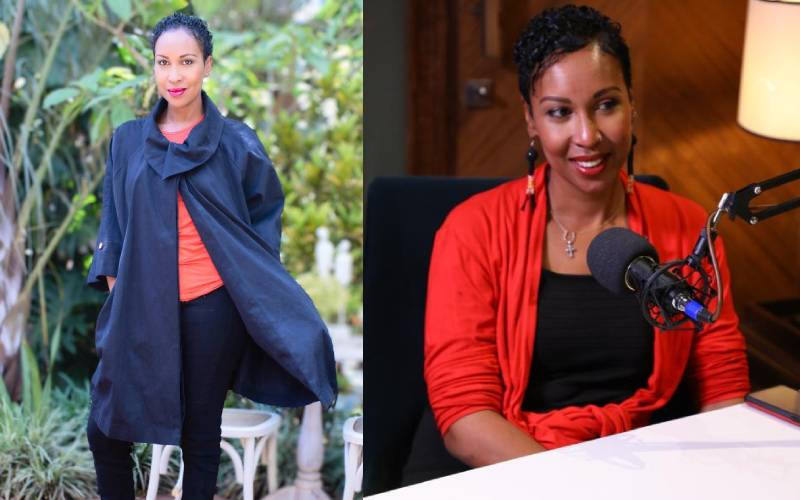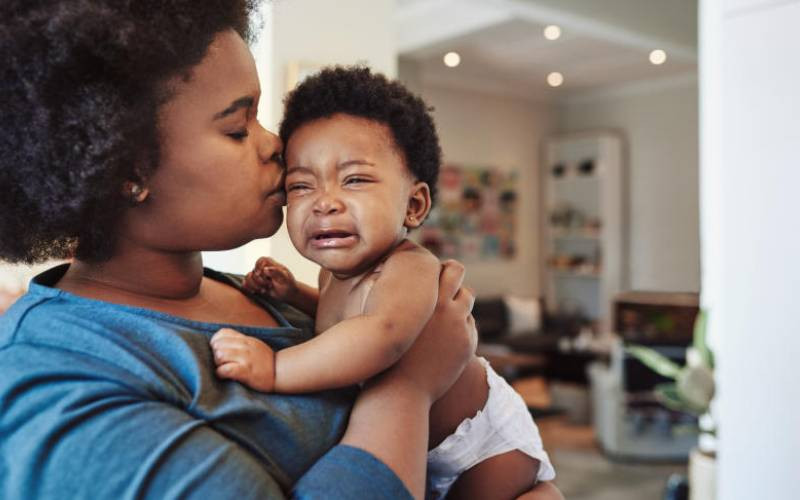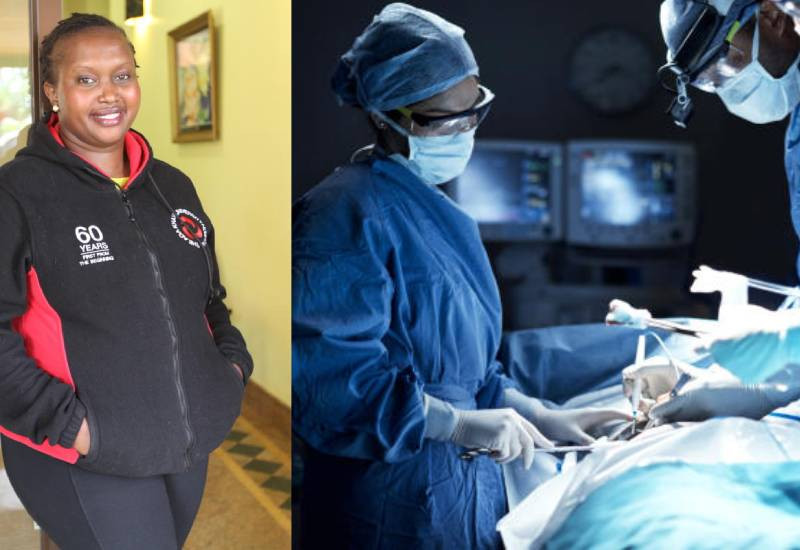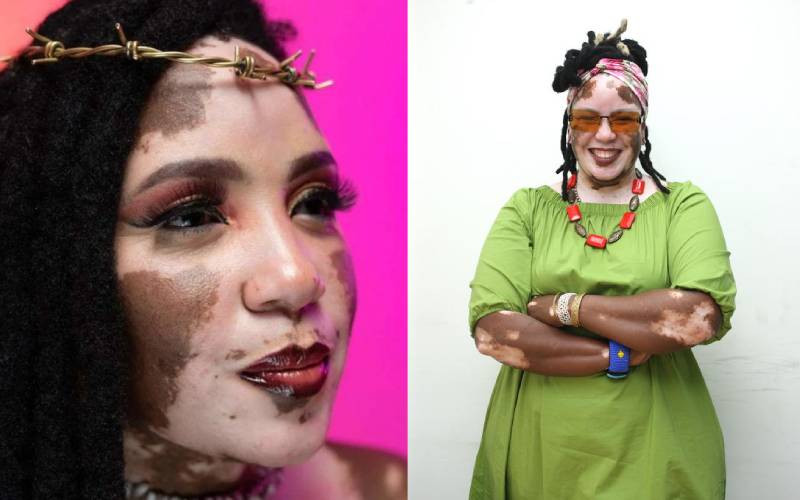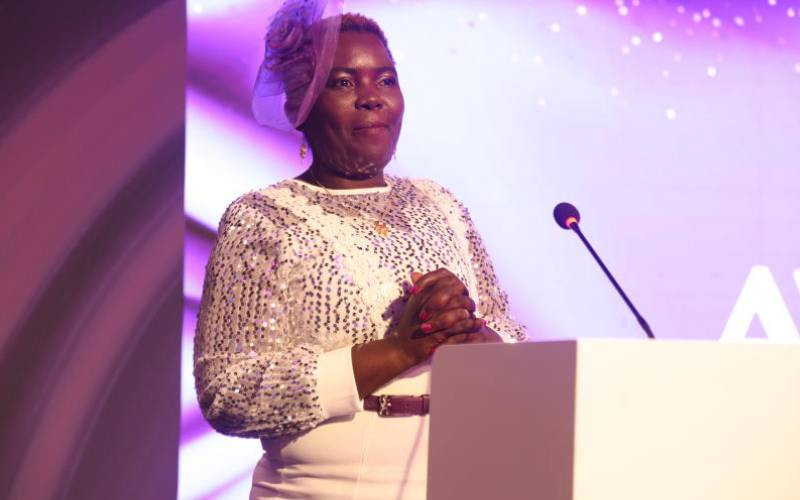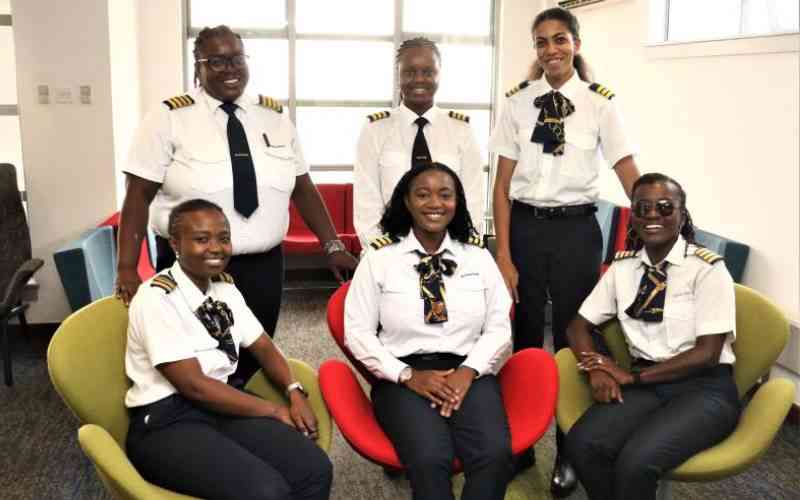
Barbara Blake Hannah’s big interviews and showbiz friends are as impressive as her incredible career in journalism.
Harold Wilson, Fidel Castro, Saddam Hussein, Michael Caine and Sammy Davis Jr are among the global names to get one of her famous grillings.
Barbara moved in exalted circles – she was friends with Lord Lichfield, partied with Vanessa Redgrave, and worked with This Is Your Life presenter Eamonn Andrews.
Now 79, she is hailed for her pioneering influence on the UK media, blazing a trail for the likes of Trevor McDonald and Moira Stuart to follow.
At 27, in 1968, she became the UK’s first Black TV news journalist.
She was a reporter for the daily evening show Today With Eamonn Andrews on Thames TV and says he was “really, really lovely”.

Barbara adds: “People who were children at the time still tell me that their parents would tell them to come in and watch me.”
But her stay at Thames TV was infamously cut short after just nine months by the racist reaction she received.
“Looking back on it now, I don’t think there were that many people objecting, but the few were a good excuse for a producer not to continue my contract. If anyone was racist, it was probably them.”
Months later, when she was working for local news programme ATV, racism became an issue again.
Barbara, who now lives back in Jamaica where she was born, recalls: “I went back to the studio one night in Birmingham.
“Everything was closed down. Most of the staff had gone home. They told me they’d had a live interview with Enoch Powell but that it wouldn’t have happened unless I wasn’t there.

“I had to stay at the YWCA in those days as no hotel would give me a room.”
On her position as a role model, she says: “I’ve had so many young Black journalists, especially women, get in touch with me over the years saying, ‘We’ve read about you, we heard your history and you inspire us, you’re a pioneer.’
“They are all my children. I am just so thrilled to meet them now.”
A devout Rastafarian, she gives the credit for the esteem in which she is now held by the British media to her spiritual leader Jah. Barbara, who went on to work on the BBC documentary series Man Alive, has given her name to a new British Journalism Award backed by media bible Press Gazette.
Its aim is to inspire young journalists to break down barriers, as she did.

She believes George Floyd’s death in April was pivotal in changing the media landscape and says: “The protests afterwards with white people marching with Black people in Trafalgar Square were so emotional.
“I remember being on a bus in Trafalgar Square as a journalist in 1965. I was on my way to the House of Commons from Fleet Street for a debate on racism.
“The anger I saw that day was horrendous. People saw me on the bus and hurled abuse at me.
“To see more White kids than Black in Trafalgar Square decades later, holding signs and protesting over George Floyd’s death, brought tears of happiness to my eyes.
“This is the most important Black History Month we have ever had.”
Her mum Veronica and dad Eyrell “Evon” Blake divorced when Barbara was just four years old.

Evon co-founded the Jamaican Press Association in 1943 and the publication New Day 10 years later.
It was there that Barbara landed her first job in the industry, following her dad into the media.
Barbara would go on to work in PR for the Jamaican government before moving into UK print journalism.
She says of the switch: “I called up The Sunday Times and asked if I could do a story on Jamaican food for their foods of the world series. They agreed – and that was my way in.
“Then Cosmopolitan was a big thing. Germaine Greer was a good friend of mine and the women’s movement was just as important to me as the Black Power movement. So I wrote for Cosmopolitan.
“I wrote a couple articles for Queen magazine too. I’d gotten to know of them during my PR days for Jamaica.
“Patrick Lichfield was doing the photos for the magazine and we became great friends.”

Barbara’s meeting with Saddam Hussein is described in her book Growing Up: “Someone came over to our table and said, ‘Saddam wants you to come and sit on his platform.’ My interpreter refused to come with me so, in my full feminist mode, I refused to go without her.” Spanish-speaking Barbara impressed Fidel Castro with her direct interviewing style, but things didn’t go as well with British PM Harold Wilson.
She says: “I asked him a tough question about the Declaration of Independence and he was very annoyed at me over it. But he was just prime ministerial, you know?”
As for her future plans, evergreen Barbara remains ambitious.
She says: “I want to make a feature film based on Bob Marley, who was another of my friends.”
Are there still any big interviews that have so far escaped her?
“The American civil rights activist Angela Davis,” Barbara says.
“She is my heroine. I could never compare myself to her. But I’d have loved to have sat down with her.”
There’s still time, Barbara.
 The Standard Group Plc is a multi-media organization with investments in media platforms spanning newspaper print
operations, television, radio broadcasting, digital and online services. The Standard Group is recognized as a
leading multi-media house in Kenya with a key influence in matters of national and international interest.
The Standard Group Plc is a multi-media organization with investments in media platforms spanning newspaper print
operations, television, radio broadcasting, digital and online services. The Standard Group is recognized as a
leading multi-media house in Kenya with a key influence in matters of national and international interest.

